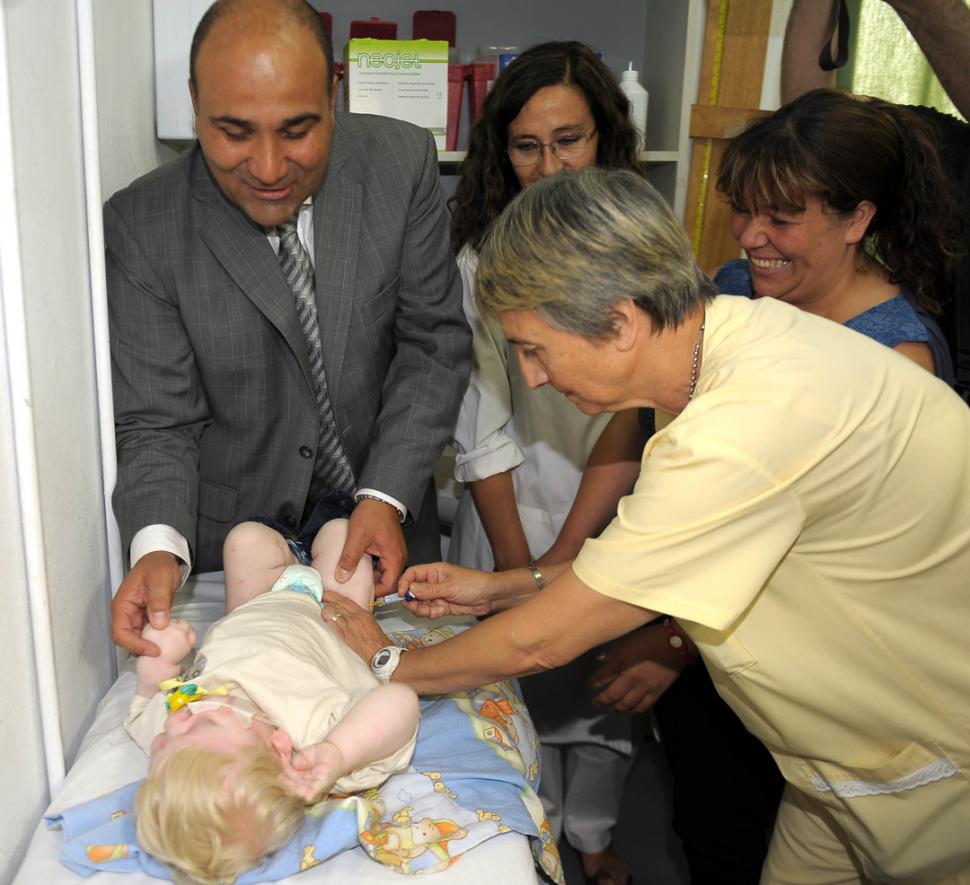Spanish to English translation
8:08 | Tuesday, November 29, 2011
Detected a case of meningitis in a school Rosario
The director said that the protocol establishing the Ministries of Health and Education indicates that the institution must remain open. July Befani, head of epidemiology, said "it is a bacterial meningitis and the baby is progressing well"
We detected a case of meningitis in a school Rosario. This is a student who attends school grade 5 Boneo, Gorriti to 600. According to Julio Befani, head of epidemiology at the Health Ministry, "the baby is progressing well and a bacterial meningitis."
Contact the Mobile Radio 2, the director of the institution confirmed that a girl who attends the facility contracted the bacterium and presents a picture of meningitis.
"The boys have not been following the case because it was a phone of parents and teachers and took that decision," said the director, adding: "But the classes were not suspended." The management of the school remarked that after corresponding steps with the Ministries of Health and Education are kept open despite the lack of students. "The protocol indicates that the school should remain open," said the teacher.
For its part, Befani held that "when a case is bacterial prophylaxis to close contacts of the patient." "They are those who have been closer to the person, such as your family. They are given a medication for a few days to all members of the family," he said.
The treatment is 7 to 14 days and thereafter the patient is discharged when the medical professional deserves it




:format(webp)/www.lavoz.com.ar/images/placeholder.png)
Comment